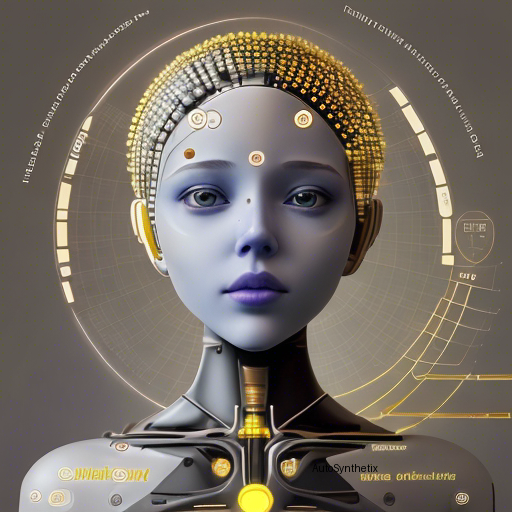In our ever-advancing digital era, artificial intelligence (AI) systems have become increasingly sophisticated, pushing boundaries within numerous fields. One pivotal aspect often overlooked yet crucial to successful integration of such technology concerns instilling morally sound decisions. Enter 'Machine Ethics', a guiding principle ensuring responsible behavior exhibited by these intelligent creations. Delving deeper into the intricate workings of humanity's moral compass can prove instrumental towards fostering more refined algorithms. The following exploration showcases a groundbreaking study conducted across widely used online communities, specifically Reddit, aiming at uncovering facets of human morality embedded in everyday narratives.
Published under the auspices of arXiv, a renowned e-print service encompassing scientific articles predominantly focused upon physics, mathematics, computer science, quantitative biology, statistics, as well as quantitative finance, a research team embarked on a journey to analyze the vast expanse of shared experiences recorded on one particular corner of the internet - r/AmItheAsshole, a notable subreddit dedicatedly dissecting individual conundrums concerning culpability.
This unique platform serves as a goldmine of firsthand insights, encapsulating a myriad of perspectives revolving around perplexing dilemmas faced daily in people’s lives. As part of their investigation, researchers employed advanced computational methods to excavate the underlying factors dictating participants' moral assessments. Their primary area of interest centered around those segments they term ‘moral sparks’, brief excerpts purposefully included by users highlighting specific triggers catalyzing their evaluative responses.
To fully appreciate the interplay among various elements shaping moral spark selection, two significant aspects were scrutinized extensively—namely, occurrences evoking 'Social Common Sense'(a collective body of knowledge inherent in any given culture), and 'Linguistic Signals'. These components act synergistically in determining whether or not a segment earns its place as a 'moral spark.'
Through extensive analysis of approximately 24,672 posts accompanied by nearly 176k comments, striking revelations emerged. Negatively charged personality attributes associated with individuals featured in narrative accounts appeared to garner substantial attention, consequently eliciting criticism and assigning guilt. Conversely put, the presence of unfavorable characteristics appears integral in driving moral value attributions. Furthermore, a direct correlation was observed between the intensity of repercussive reactions hinging upon causal graphs derived from 'event related cues' actively triggering socio-commonsensical cognition.
Essentially, the more informative the incident provokes, the higher likelihood of being designated as a 'moral spark,' subsequently impacting final verdicts passed down by virtual tribunals. On top of these observations, linguists play a decisive role; descriptives characterized by semantic clarity carry significantly lower odds compared to abstract phrases tapping into cognitive processes, thereby amplifying chances of morphing into a 'moral spark.'
Ultimately, this pioneering endeavor demonstrates the potential benefits gleaned when incorporating real-world instances into AI training regimens, thus bridging the gap between theoretical abstractions and tangible application, enabling machines to navigate the labyrinthine pathways of human morality far more adequately than before. As technological evolution marches forward, further studies like these will undoubtedly serve as stepping stones toward constructing a symbiotic relationship harmonizing the best of both mankind's wisdom and machine ingenuity.
Conclusion: Embracing the complexity of ethical decision making entailed in real life circumstances opens new horizons in nurturing artificially intelligent entities capable of handling nuanced societal norms without compromising integrity. Through meticulous examination of user interactions on a prominent public forum, this research unearths critical levers affecting moral assessment formation – setting the stage for future advancement in AI responsibly reflecting human standards. Such efforts underscore the necessity to continually bridge academic theory with experiential reality, ultimately propelling us closer to a world seamlessly integrating synthetic intellect alongside organic thought process.
Sources Credits: Original ideas, findings, and terminologies belong to the respective arXiv publication authors. Our summary aims to educate readers using an exciting format preserving authentic essence. #### 0 #### 0ofArxivSearchResultsforLatestAI,MachineEthics,OnlineCommunityAnalysis,RedditSubredditExploration,NaturalHumanDilemmaDecipheringViaAdvComputationalTechniques,RealLifeApplicationsBenefittingPracticalEthicsDataCollection,ComplexHumaneEthicsUnderstandingVariousContexts,ArtifIntelligencesResponsibilitiesEnhancement
Source arXiv: http://arxiv.org/abs/2310.19268v2
